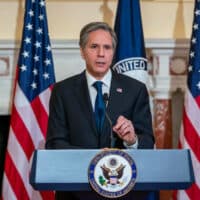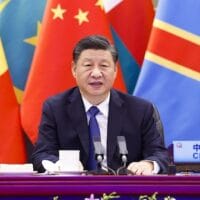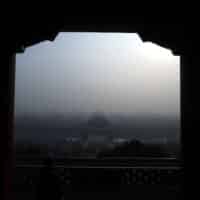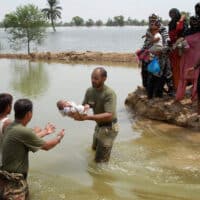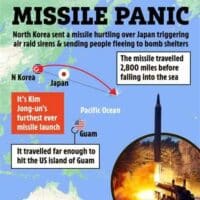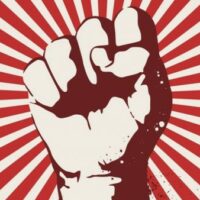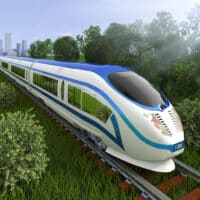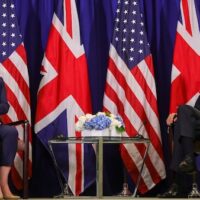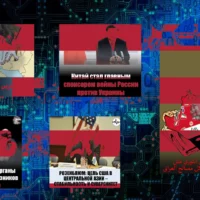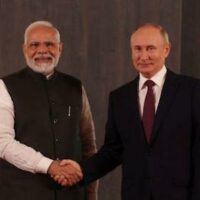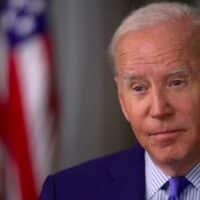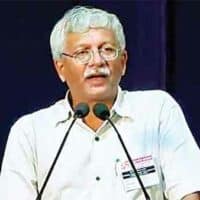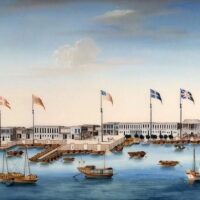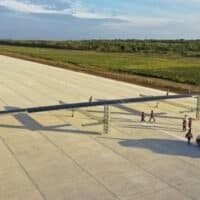-
Hunger and poverty
THE Global Hunger Index (GHI) for 2022 has just come out, which shows India occupying the 107th position among the 121 countries for which the index is prepared (countries where hunger is not a noteworthy problem are left out of the index).
-
Blinken falsely blames China for U.S. hostility directed at it
On Monday U.S. Secretary of State Tony Blinken made a curious remark: “China plans to seize Taiwan on ‘much faster timeline.”
-
Haitians intensify protests against foreign military intervention, while US seeks authorization for “international mission”
Citizens flooded the streets across Haiti in rejection of President Ariel Henry’s request for international military assistance, demanding that foreign powers stop interfering in Haiti
-
Xi’s third term – part one: growth, investment and consumption
China’s Congress of the Communist Party takes place this week.
-
Analysis: Nine key moments that changed China’s mind about climate change
China says on the international stage that it wants to tackle climate change, but it also says it must deliver “national energy security”. The decade ahead will show whether it can meet this challenge. The whole world is relying on it doing so.
-
Floods in Pakistan: Where is the ‘International Community’ for the imperialized zones of the world-system?
A spade, as the proverbial saying goes, ought to be called a spade.
-
Fooling all the people!
Many if not most readers will be familiar with the following saying attributed to Abraham Lincoln: “You can fool all the people some of the time and some of the people all the time, but you cannot fool all the people all the time.”
-
Questions posed by a movement
“These are all poor Adivasi villagers who take time off from their daily-wage labour or farming, students who come when school permits, or women who bring their children because they have nowhere else to leave them. On down days the numbers may be a few dozen, on special days the number swells to thousands.”
-
Why is the great project of Ecological Civilization specific to China?
When the concept of ecological civilization came to prominence in China, beginning around 2002 it was depicted as a defining element of socialism with Chinese characteristics, requiring a transition away from the expropriation of nature endemic to capitalist modernity and pointing to the need for worldwide social transformations. It was thus closely related from the start to the Marxist critique of capitalism.
-
The New York Times on Ukraine: Vietnam déjà vu
The New York Times is going full-bore for war in Ukraine. It is difficult to explain the yellow journalism, but the so-called “paper of record” did the same thing on Vietnam.
-
Britain takes aggressive anti-China line with hawkish PM Liz Truss
Liz Truss, the UK’s new prime minister, is the most anti-China British leader in decades. In the Conservative leadership contest that brought her to power, candidates competed to show who could be more belligerent against Beijing.
-
Bots are flooding social media with pro-US propaganda demonizing China, Russia & Iran, studies show
Scientific studies show huge numbers of bots are spreading pro-Western disinformation on social media, demonizing China, Russia, and Iran. 90% of bots posting about the proxy war in Ukraine push pro-NATO propaganda.
-
A food crisis not of their making
The crisis in low, middle-income nations is driven by speculation, falling purchasing power and depreciating currencies.
-
India’s gaffe at Samarkand
Prime Minister Narendra Modi’s meeting with Russian President Vladimir Putin at Samarkand on September 16 after the SCO Summit turned into a media scandal.
-
Biden keeps pledging direct U.S. war with China over Taiwan
The president of the United States has once again committed the US military to direct hot war with China in the event of an attack on Taiwan, a commitment that was once again walked back by his White House handlers.
-
Vernon Gonsalves: Stop denying political prisoners the right to healthcare in Indian jails
On 8th September Vernon Gonsalves, one of the 16 undertrials in the Bhima Koregaon case lodged in the anda cell of Taloja Central Jail, was diagnosed with dengue and likely pneumonia.
-
Marx’s writings on Asia: A sober assessment
Throughout most of recorded history, Asia has been the wealthiest region in the world.
-
War is not the answer to deep planetary insecurity: The Thirty-Seventh Newsletter (2022)
The latest Human Development Report (2021–22) records that for the first time in thirty-two years, the Human Development Index has registered a second consecutive year of decline.
-
Why China’s first solar-powered, semi-satellite drone is a big deal
In a big step toward green development, China has built its first solar-powered large unmanned aerial vehicle.
-
Economist Michael Hudson on debt relief, inflation, Ukraine disaster capitalism, petrodollar crisis
Economist Michael Hudson discusses partial student debt relief in the U.S., inflation and the Fed, disaster capitalism in Ukraine, and China’s challenge to the petrodollar.


